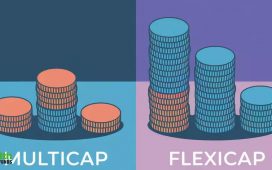According to figures by Invesco, last month saw strong demand for Euro-denominated assets, with Euro investment grade credit the strongest category, adding $4bn, followed by Euro government bonds, which attracted $2bn.
Paul Syms, head of EMEA ETF fixed income product management at Invesco, said that investors broadly favoured USD-denominated bonds last year to avoid the Russia-Ukraine conflict and the impact of higher energy prices on the eurozone economy.
However, he noted they are now returning to Euro-denominated bonds, particularly investment grade credit where spreads are trading at wider levels than their USD counterparts.
Global ETF inflows more than triple in October as investor confidence recovers
January also saw investors increase risk within their fixed income portfolios, the firm said.
Emerging market debt and high yield both garnered over $900m and took third and fourth places.
Aggregate bonds and investment grade credit ETFs also saw strong demand, attracting $900m and $1.4bn across USD, GBP and global respectively.
Meanwhile, only cash management and inflation ETFs saw outflows of more than $100m with the first suffering $900m in outflows and the former, $700m.
Invesco CEO Marty Flanagan to retire
“January was a broadly positive month for financial markets with both bonds and equities rallying. Within fixed income, credit markets led the way as lower rated bonds outperformed higher rated bonds, in line with the ‘risk-on’ tone from equity markets,” said Syms.
“However, high quality government and inflation-linked bonds also produced solid returns as confidence grew that central banks would slow the pace of rate hikes in coming months which, with peak rates potentially now in sight, could lead to the soft landing that would be positive for many asset classes.”











